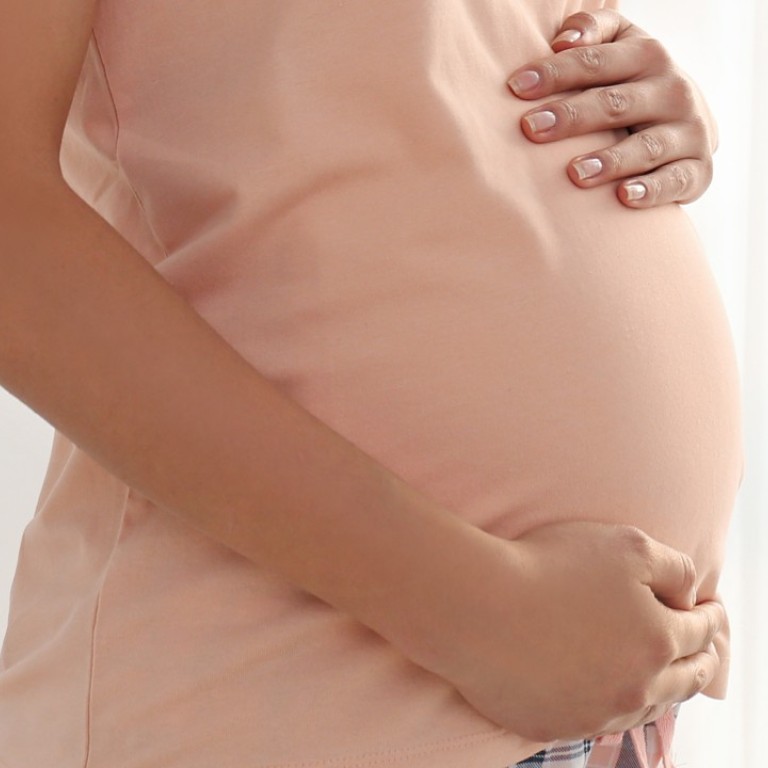
Hong Kong researcher finds aspirin can help reduce premature births
Study found that low dosages of the drug can cut early deliveries caused by a hypertensive pregnancy complication by more than 60 per cent
An international study in which a Chinese University professor took part revealed that low dosages of aspirin can cut premature births caused by a hypertensive pregnancy complication by more than 60 per cent.
The study, which covered 1,620 pregnant women in six European and Middle Eastern countries from 2014 to 2016, also adopted a new screening method developed by the research team that can provide easier detection of preeclampsia, a fatal complication characterised by high blood pressure and the presence of protein in urine.
Women suffering from the incurable complication might have to give birth earlier due to uncontrolled blood pressure or organ failure.
The mortality rate for women who give birth to a baby before 28 weeks of gestation due to this complication could be up to 12.5 per cent, according to earlier US data.
While studies in the past 30 years have suggested low-dose aspirin could help prevent preeclampsia, the latest study, which was published in The New England Journal of Medicine, further proved that the drug could also lower risks involved in premature deliveries related to the complication.
“It is still unclear why aspirin could help prevent preeclampsia ... We believe it might help the implantation of placenta and improve blood circulation,” said Dr Liona Poon Chiu-yee, associate professor in Chinese University’s department of obstetrics and gynaecology who was a principal investigator in the study.
In the research, which targeted women identified with a high risk of preeclampsia-linked premature deliveries, 798 of them were given 150mg of aspirin per night from 12 to 36 weeks of gestation. Another 822 were given a placebo.
For those given aspirin, the rate of premature birth caused by preeclampsia was 1.6 per cent, compared to 4.3 per cent for those who were given a placebo. The risk in the aspirin group declined 62 per cent.
Meanwhile, Poon and her team members developed a combined screening method which could detect up to 75 per cent of preeclampsia cases for pregnant women below 37 weeks of gestation.
On top of the conventional method which considered risk factors such as diabetes history, the new method also studied blood pressure, pulsation of the uterine artery and the results of blood tests.
The detection rate was higher than for the conventional method, which could identify 39 per cent of cases.
While studies on the new method have been conducted in Europe, an ongoing Asian study involving seven countries and territories will investigate how the screening method works on women in the region.

